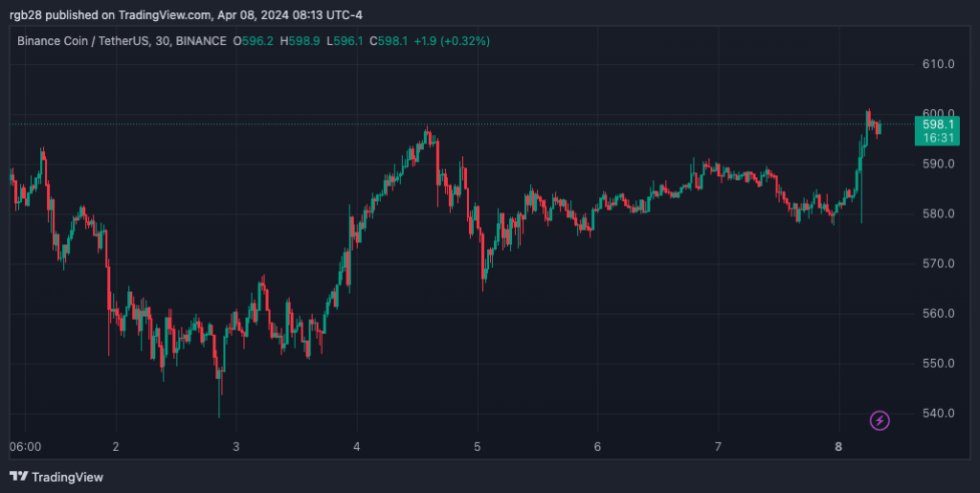ARTICLE AD BOX
The recent ban on crypto exchange Binance has left many Filipino users wondering whether their holdings will be forever lost. In a recent interview, attorney Paolo Ong discussed the Philippines Securities and Exchange Commission (SEC)’s decision to ban the exchange and how it has affected its users.
Binance Is Not Being “Singled Out”
Paolo Ong, the officer in charge of the SEC’s PhiliFintech Innovation Office, joined One News PH to explain the SEC’s ban on Binance and the regulator’s stance on crypto exchanges that don’t comply.
As Bitcoinist reported, the SEC banned Binance’s website and online services in the Philippines. The Filipino regulator requested assistance from the National Telecommunications Commission (NTC) to “protect Filipino investors.”
Due to the recent events regarding the crypto exchange and its former CEO, Changpeng ‘CZ’ Zhao, the SEC had to look deeper into their investigation. The attorney explained that the regulator found it was “necessary to ban the platform.”
Nonetheless, the SEC officer affirmed that the ban wasn’t an attempt to single out the largest exchange in the world. Instead, “this was a recurring enforcement action against these platforms.”
According to Ong, approximately 14 platforms were banned in 2023 in the Philippines, as such:
We’re not singling out Binance, and this is part of our exercise for a mandate in protecting Filipino investors.
Recently, the regulator warned crypto trading platform eToro for not being registered as a corporation in the Philippines and lacking the required licenses to operate within the country.
Regarding eToro’s case, the SEC’s officer affirmed that it “is the same as Binance. They are not registered and are operating in the Philippines.”
The Filipino regulator is starting the notification period and trying to inform the public about the imminent fate of the country’s trading platform.
Can Filipino Binance Users Access Their Crypto?
The attorney explained that the “grace period” for eToro users starts with the SEC’s notification process. Investors must choose whether to transfer their funds to one of the licensed and registered exchanges within the country or a personal wallet.
The officer was questioned about Binance users who didn’t withdraw their funds, as they find their holdings inaccessible now that the exchange is blocked by the internet service providers in the Philippines.
Ong considers that the crypto exchange users had sufficient time to withdraw their funds:
We issued the advisory last November. We gave a three-month period. Actually, we extended the period for people to take out their money or investments from the platform.
As a result, the SEC officer affirmed that the regulator “can’t endorse any method” for investors to “take out their money now that the blocking order is out.”
According to the attorney, crypto transactions in the Philippines were around $80 billion in 2023. He emphasized that, due to the large numbers, the SEC is taking steps to protect Filipino investors by drafting their rules for cryptocurrencies.
Nonetheless, these regulations take time, as Ong explained, so:
One approach the SEC did to address these innovations is to set up the innovation Office to guide people on the risks, as well as the opportunities in the kinds of technologies used in financial services.
At the time of the interview, the SEC has not received any formal application from Binance or eToro to apply for a license. According to the attorney, they have not reached out to “do the right thing” and comply with the country’s regulations.

.png)
 9 months ago
6
9 months ago
6








 English (US)
English (US)